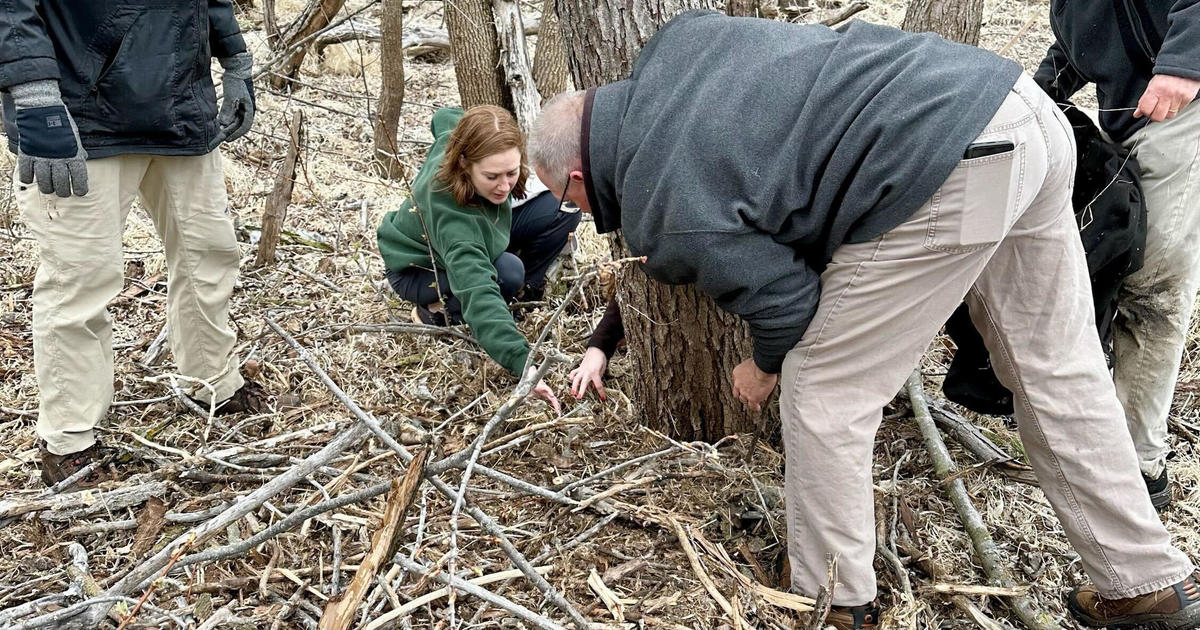Wis. DNR: Coal-Ash Spill No Risk To Human Health
MILWAUKEE (AP) — A recent mudslide that swept tons of coal ash and debris into and around Lake Michigan will likely have a limited environmental impact and shouldn't affect human health, the Wisconsin Department of Natural Resources said Friday.
Test results show elevated levels of several elements in the coal ash still on land, as well as in the water and sediment, two DNR officials said. However, the contaminants are confined to areas not accessible to humans, and the chemicals can be cleaned up and safely disposed of, the officials said.
The comments were based on a report released to the DNR this week by the U.S. Environmental Protection Agency. The EPA found slightly elevated levels of arsenic and chromium in the land-bound ash, while water samples tested slightly higher for iron and aluminum and the sediment contained higher levels of arsenic, iron and nickel.
Coal ash contains arsenic, selenium, lead and mercury in low concentrations. But like many other types of energy waste — such as drilling muds — it's not classified as hazardous under waste laws.
Because it's not considered hazardous, the spilled ash can be safely removed and taken to a lined disposal site, said Ann Oakley, the director of the DNR's waste- and materials-management program.
The mudslide occurred Oct. 31 when a section of cliff gave way on the grounds of a We Energies coal-fired power plant near Milwaukee. The collapse created a mudslide that sent a pickup truck and other equipment tumbling into Lake Michigan, swept several construction trailers toward the beach and left a swath of soil, ash and debris as large as a football field. There were no injuries or power disruptions.
The DNR estimates that about 2,500 cubic yards of ash, or enough to fill about 200 dump trucks, may have reached the water.
Lloyd Eagan, a DNR water specialist, said there's little environmental risk from the debris that ended up in the lake. The spill happened well away from intake pipes that draw in drinking water for surrounding communities, she said, and the area has been blocked off so it's inaccessible to the public.
Eagan said some of the chemicals in the water have the potential to harm worms and bugs in the sediment if the contaminants were allowed to remain for a period of years. However, if the chemicals are cleaned up quickly the risk would be minimal, she added.
"We will require that they (We Energies) remove it," she said. "We don't expect any long-term impacts after that."
We Energies did not immediately return a message seeking comment.
(© Copyright 2011 The Associated Press. All Rights Reserved. This material may not be published, broadcast, rewritten or redistributed.)



